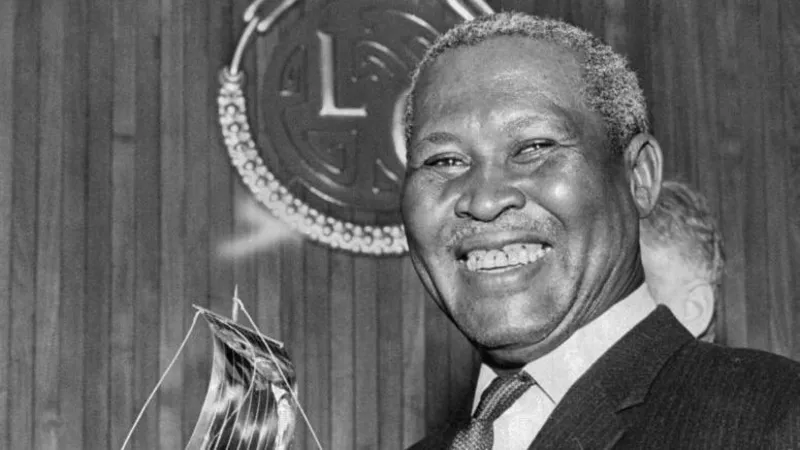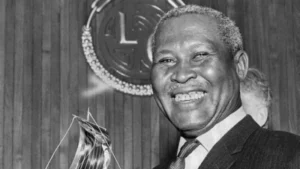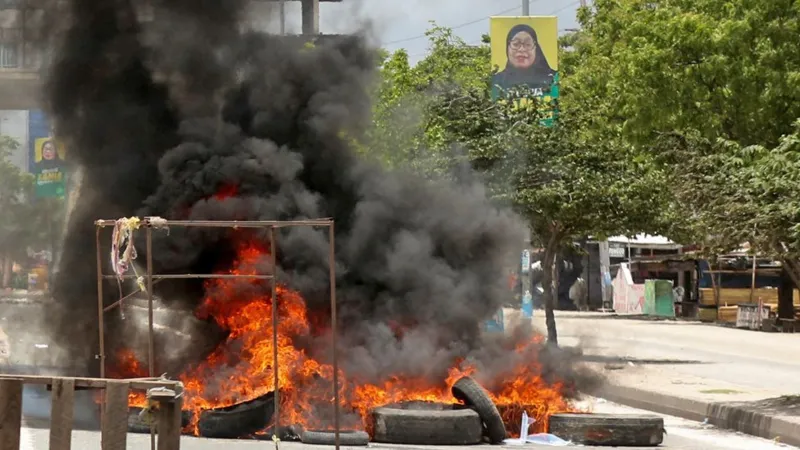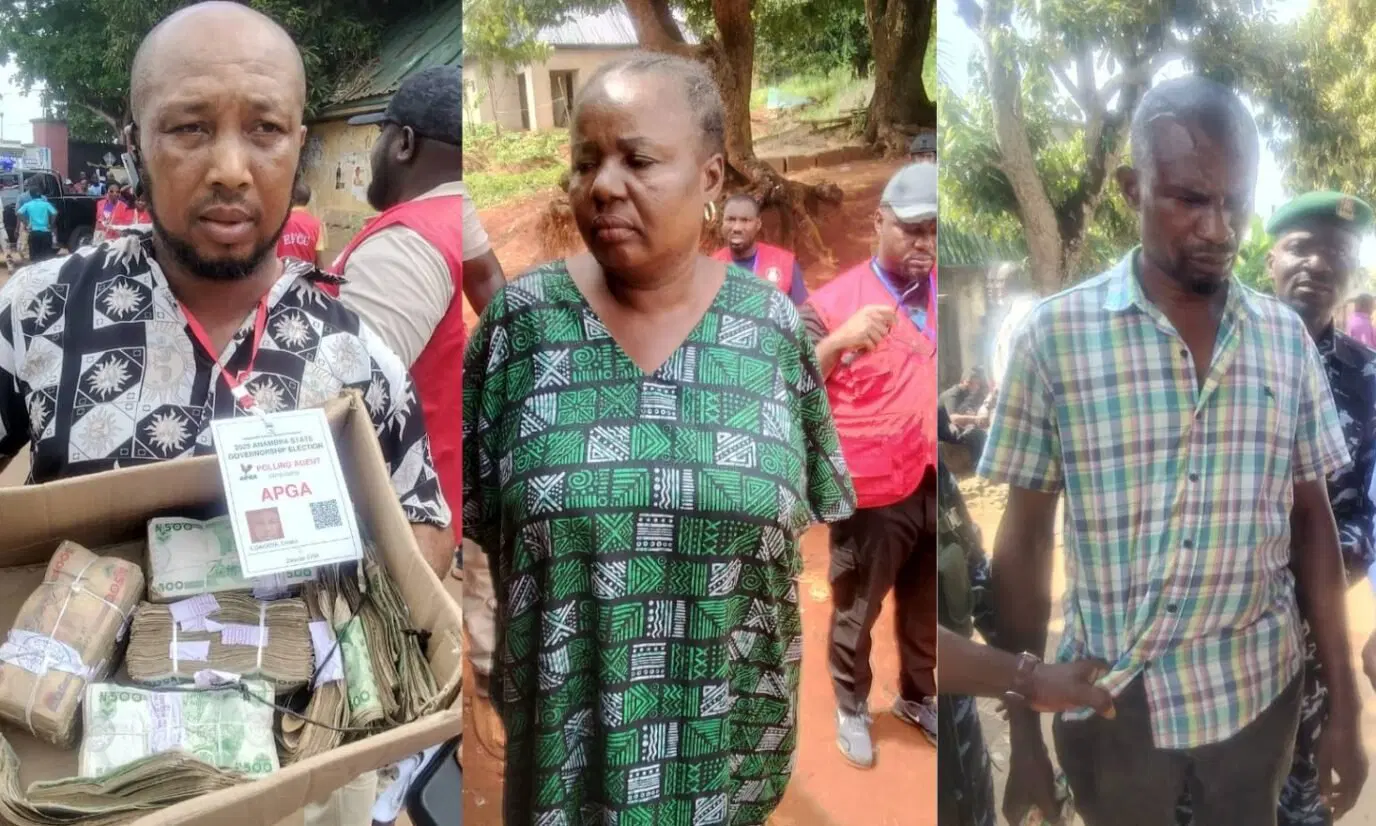Historic Ruling on Albert Luthuli’s Death
A South African court has ruled that Chief Albert Luthuli, Africa’s first Nobel Peace Prize laureate, was killed by apartheid police in 1967, rejecting long-standing claims that his death was accidental.
The judgment overturns a 1967 inquest that concluded Luthuli died after being struck by a train while walking along railway tracks near his home in KwaZulu-Natal.
New Findings Overturn Old Apartheid Narrative
Judge Nompumelelo Radebe, presiding over the reopened inquest, determined that Luthuli died from a fractured skull and cerebral haemorrhage caused by an assault.
The court found that the anti-apartheid leader was attacked by members of the apartheid regime’s security police, working in collaboration with South African Railway Company employees.
“The deceased died as a result of a fractured skull, cerebral haemorrhage, and brain concussion associated with an assault,” the judgment stated.
Justice After Decades of Silence
The ruling names seven individuals believed to have been involved in the assault. Their current whereabouts are unknown, but authorities said criminal charges could follow if they are located.
For decades, Luthuli’s family and activists disputed the apartheid-era account, maintaining he was murdered because of his leadership of the African National Congress (ANC), which was banned at the time.
After the judgment, the Luthuli family welcomed the outcome, describing it as “the first step toward justice” for the slain leader.
A Legacy of Resistance and Peace
Albert Luthuli, who led the ANC through some of the darkest years of apartheid, was awarded the Nobel Peace Prize in 1960 for his commitment to nonviolent resistance against racial segregation and oppression.
Under his leadership, the ANC inspired a generation of activists, including Nelson Mandela, to continue the struggle for equality and democracy.
Luthuli’s death in 1967 marked a major loss for the liberation movement, and the truth surrounding it has remained a source of pain and controversy for decades.
Ongoing Pursuit of Apartheid-Era Justice
The case, heard at the Pietermaritzburg High Court, is part of a broader effort by South African authorities to revisit unresolved apartheid-era crimes.
In April, the National Prosecuting Authority (NPA) reopened investigations into Luthuli’s death, citing evidence that suggested foul play.
ANC spokesperson Mahlengi Bhengu praised the court’s decision, calling it “a correction of a long-standing distortion of history” and “a restoration of dignity for one of South Africa’s greatest sons.”
The Luthuli case follows renewed efforts to reopen other inquests, including that of Steve Biko, the anti-apartheid leader who died in police custody in 1977 after being tortured.
Earlier this year, President Cyril Ramaphosa also established a judicial commission to investigate whether officials had obstructed justice in past apartheid-era cases.








